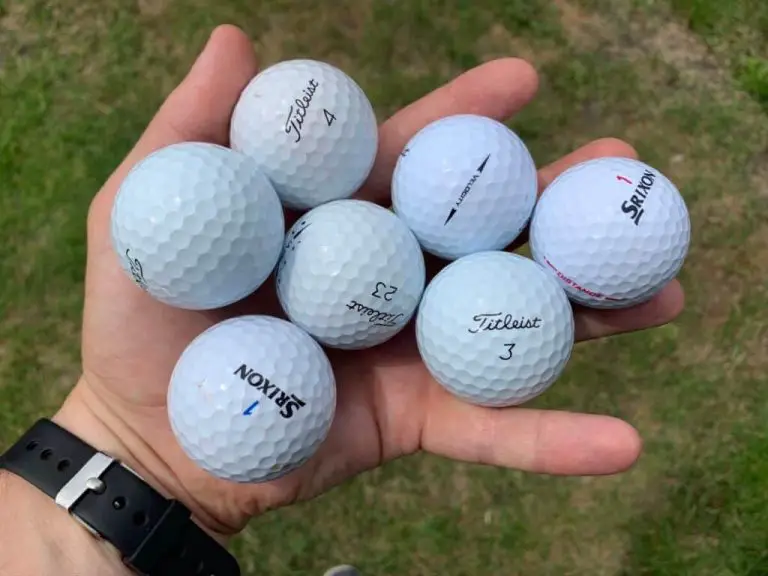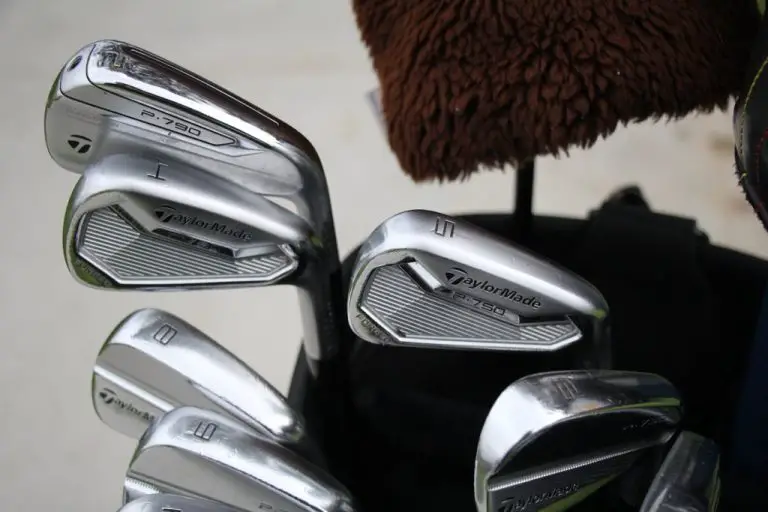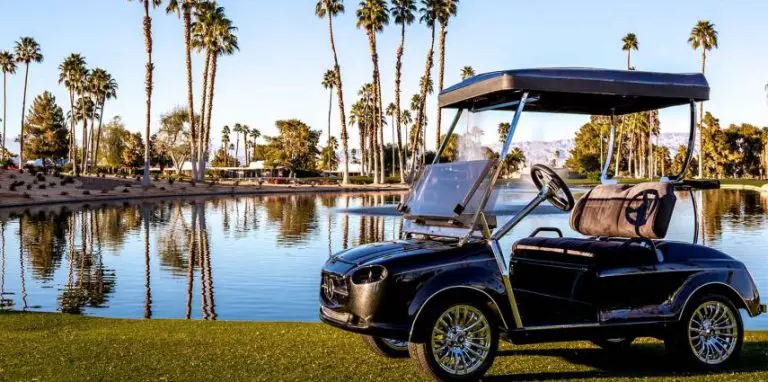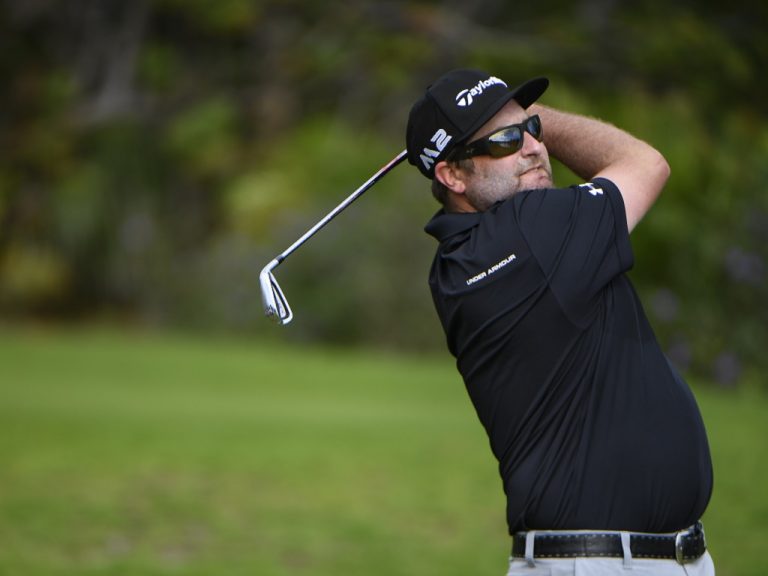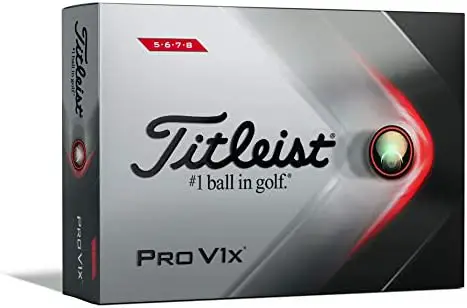Funny Things To Write On Golf Balls
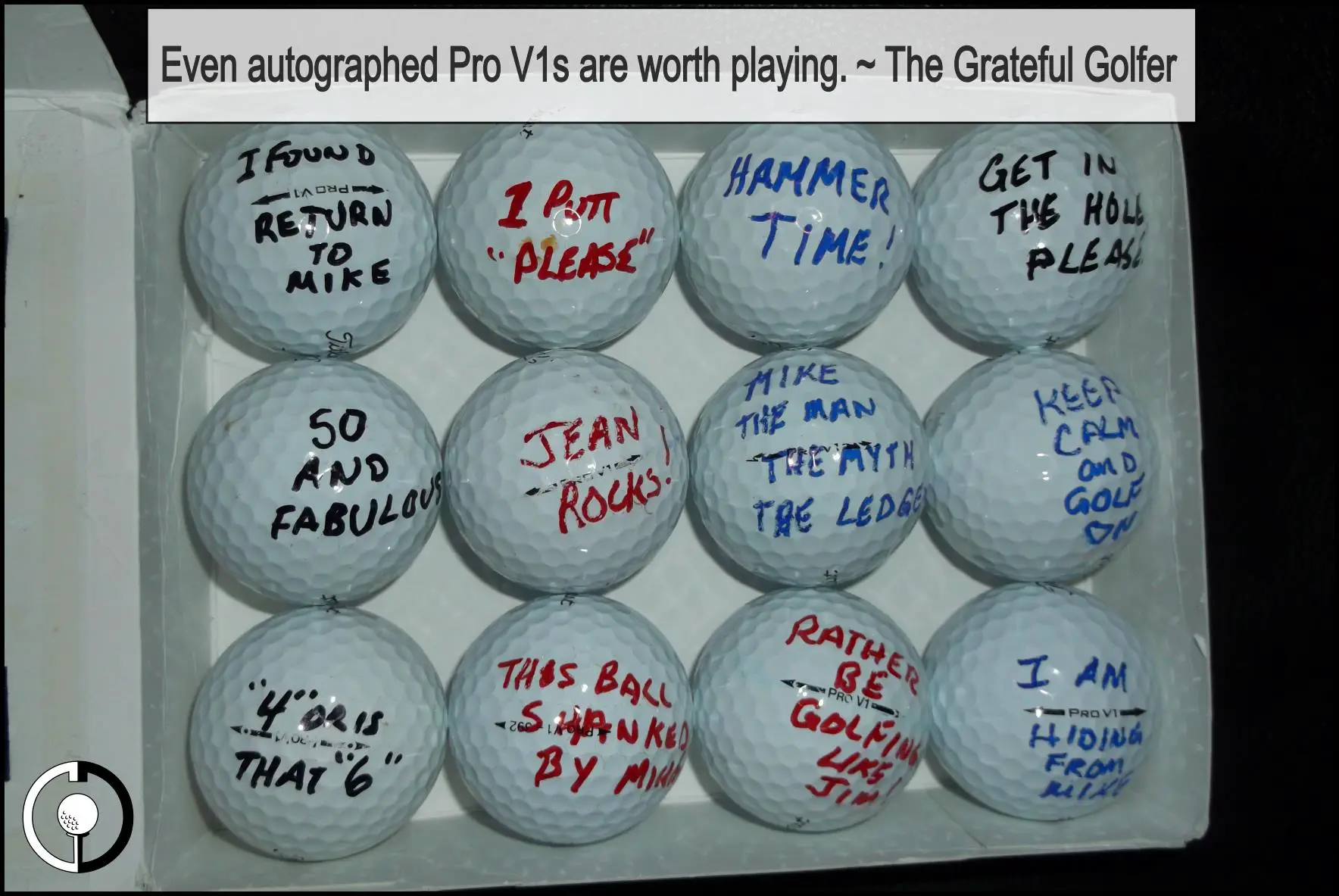
Golf is a game that requires precision, skill, and a lot of patience. But sometimes, adding a touch of humor to the game can make it even more enjoyable. One way to do that is by writing funny things on your golf balls. From witty one-liners to puns and jokes, there are endless possibilities for adding a bit of levity to your game.
Writing funny things on your golf balls can also be a great way to add some personality to your equipment. Whether you’re playing with friends or in a tournament, a funny golf ball can help break the ice and lighten the mood. It can also help you keep track of your ball on the course, as no one else will have one quite like it.
But what are some funny things you can write on your golf balls? The possibilities are endless. You can write puns related to the game, like “Fore-get about it!” or “I’m teed off.” Or, you can write humorous one-liners, like “I’m not lost, I’m just exploring” or “If found, please return to the nearest bar.” You can even write personalized messages or inside jokes to make your golf ball truly unique.
In this article, we’ll explore some of the funniest things you can write on your golf balls. Whether you’re looking to add some humor to your game or just want to make your golf ball stand out, we’ve got you covered. So, grab your markers and get ready to add some laughs to your next round of golf.

Factors to Consider When Choosing a Golf Ball
Choosing the right golf ball requires consideration of several factors, including:
Compression
Compression is a measure of how much a golf ball compresses when it is struck by a club. Golf balls with low compression are softer and provide more distance, while golf balls with high compression are harder and provide more control.
Spin
Spin refers to the amount of backspin or topspin a golf ball generates when hit. High-spin golf balls provide more control and better stopping power on the green, while low-spin golf balls provide more distance off the tee.
Cover Material
The cover material of a golf ball affects its durability, feel, and spin. Golf balls can have covers made of surlyn or urethane.
Construction
Golf balls can be constructed in two ways: two-piece or multi-layer. Two-piece golf balls have a larger core and a thinner cover, making them ideal for distance. Multi-layer golf balls have a smaller core and a thicker cover, providing more control and spin.
Price
Golf balls can range in price from a few dollars to over $50 per dozen. Price is often determined by the ball’s construction, materials, and performance.
Types of Golf Balls
There are four main types of golf balls:
Two-Piece Golf Balls
Two-piece golf balls have a large core and a thin cover, making them ideal for distance. They have a low spin rate and a harder feel. Two-piece golf balls are also the most durable.
Multi-Layer Golf Balls
Multi-layer golf balls have a smaller core and a thicker cover, providing more control and spin. They have a higher spin rate and a softer feel. Multi-layer golf balls are also the most expensive.
Low-Compression Golf Balls
Low-compression golf balls are softer and have a lower compression rating, providing more distance for slower swing speeds. They also have a softer feel.
High-Compression Golf Balls
High-compression golf balls are harder and have a higher compression rating, providing more control and accuracy for faster swing speeds. They also have a firmer feel.
Best Golf Balls for Amateur Players
Choosing the best golf ball for your game can be a daunting task, but here are our top picks for amateur players:
Top Two-Piece Golf Balls
- Titleist DT TruSoft – provides distance and a soft feel at an affordable price.
- Callaway Supersoft – offers a low compression rating for more distance and a soft feel.
- Wilson Staff Fifty Elite – features a large core for distance and a low compression rating for a soft feel.
Top Multi-Layer Golf Balls
- Titleist Pro V1 – provides maximum distance, spin, and control for an exceptional performance.
- TaylorMade TP5 – features a five-layer construction for optimal distance and spin control.
- Callaway Chrome Soft – offers a soft feel, low spin, and high ball speed for maximum distance.
Top Low-Compression Golf Balls
- Bridgestone e6 Soft – provides a soft feel and low spin for more distance and accuracy.
- Srixon Soft Feel – offers a low compression rating and a soft feel for maximum distance and accuracy.
- Callaway SuperSoft MAX – provides a soft feel and high ball speed for more distance and a straighter ball flight.
Top High-Compression Golf Balls
- TaylorMade TP5x – offers maximum distance, control, and spin for faster swing speeds.
- Titleist Pro V1x – features a high compression rating for more control and accuracy off the tee.
- Callaway Chrome Soft X – provides a soft feel and high ball speed for more distance and control.
How to Choose the Best Golf Ball for Your Game
Choosing the best golf ball for your game requires assessing your skill level, swing speed, and budget. If you’re a beginner or have a slower swing speed, consider a low-compression golf ball for maximum distance. If you’re an experienced player or have a faster swing speed, consider a high-compression golf ball for more control and accuracy. Experimenting with different golf balls can also help you find the right one for your game.
Common Golf Ball Myths
There are several golf ball myths that can affect your decision-making when choosing a golf ball:
More Expensive Golf Balls are Always Better
While more expensive golf balls often offer superior performance, they may not be the best choice for your game. Choosing a golf ball that matches your skill level and swing speed is more important than its price tag.
All Golf Balls are the Same
Not all golf balls are the same. Different golf balls are designed for different levels of performance, including distance, control, and spin.
Compression Doesn’t Matter
Compression matters when choosing a golf ball. A golf ball with the right compression rating can provide more distance, control, and accuracy.
Conclusion
Choosing the right golf ball is essential for any golfer, especially for amateur players. Factors like compression, spin, cover material, construction, and price can affect the performance of your golf ball. Two-piece golf balls, multi-layer golf balls, low-compression golf balls, and high-compression golf balls are the four main types of golf balls available. Our top picks for amateur players include the Titleist Pro V1, Bridgestone e6 Soft, and Callaway Supersoft MAX. Remember to assess your skill level, swing speed, and budget when choosing a golf ball, and don’t believe the common golf ball myths. With the right golf ball, you can elevate your game and enjoy a better performance on the course.

